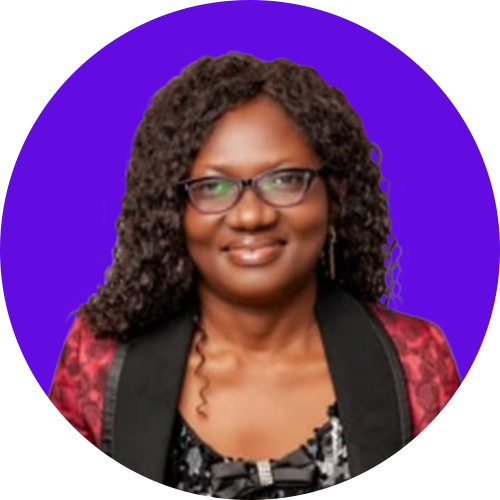Brain Awareness Week
Planning Tips
Here are some tips for planning public programs during Brain Awareness Week.
Determine your target audience. Who are you trying to reach and why? All aspects of event planning are contingent on this choice.
Select your topic. Choose a topic that is of direct interest or concern to your audience. Highlight local resources and services so your audience knows where to turn for additional information and support.
Be sure to accurately assess the scientific literacy of your target audience. The impact of your information will be weakened if it is either too complex or too simplistic for your audience.
Determine your staff needs. Do you have the staff needed to run a successful event, or do you need to recruit volunteers? Be sure to define roles and responsibilities so that staff and volunteers know what’s expected of them.
Develop a budget for the event and plan accordingly. Do you need to seek outside funding? The Dana Foundation provides funding for Brain Awareness Week outreach activities through two grants programs serving different regions of the world. Visit our Grants [link] page for more information. Also consider the following sources:
- Approach local businesses, as they’re often looking for ways to get involved in their communities. Think about businesses that are indirectly involved in brain health, safety, or awareness, such as insurance agencies and pharmaceutical companies.
- Build partnerships with your city or town’s Chamber of Commerce, Council, or Rotary Club.
- Seek in-kind donations. Gifts of goods or materials, services such as printing, or event space are very valuable.
Collaborate with other organizations to reduce costs and share responsibilities. Combining resources may also help to attract larger audiences, obtain media coverage, and secure event space, speakers, and volunteers.
Select a format. Would your topic be better presented by a single speaker or panel discussion? Do you want to have audience participation? Will your audience respond well to hands-on activities, demonstrations, experiments, or quizzes?
Select a location. Keep the following in mind:
- Does it work for the event format? Can it accommodate the audience?
- Is there adequate parking and public transportation?
- Is it geographically well-situated for your intended audience?
- Are there provisions for handicapped guests?
- What are the electrical and audio-visual capabilities?
- Can the venue provide additional staffing?
Select a date/time. Choose a time that is most convenient and appropriate for your target audience. For example, schedule family events for weekend afternoons; programs for students during the school day; and events for working professionals on weekday evenings. Before finalizing a date, investigate other activities and events in your area that may attract the same audience as your program.
Select your speaker(s). Review your plans for audience, topic, location, timing, and format with prospective speakers. Select a speaker with good “people” skills who can interact well with your audience.
Consider the following tips for finding a speaker(s):
- Contact faculty in the departments of cellular biology, neurology, neuroscience, neurosurgery, or psychiatry at local universities and medical colleges.
- Contact staff neurologists, neurosurgeons, psychiatrists, or physical and occupational therapists at local hospitals and medical centers.
- Use the Society for Neuroscience’s Find a Neuroscientist search engine to locate a speaker in your area.
Work with your speaker(s) to develop the content of the program and prepare them to speak on the audience’s level. The more precise you are about the interests of your audience and the message you wish to convey, the more effective your speaker(s) and program will be.
Develop a media plan if you’d like to attract press coverage of your program. Identify your target media outlets and establish a schedule of communication. Fact sheets and press releases on your topic are often a useful tool for the media.
Plan for the day of the event. Things to think about in advance of your event include signage, programs, handouts, press participation, and audio-visual needs. Also, know where services are located at your event site, including toilets, handicapped facilities and access, elevators/stairs, emergency aid, and public transportation.
Allow time for follow-up. It is important to “close out” your program properly.
- Elicit comments and suggestions from your audience and share any feedback with your speakers and co-sponsors.
- Thank your speakers and co-sponsors/hosts (if any).
- Prepare a summary of the event for your records. Assess the program’s effectiveness in carrying your message to your target audience. This will help your organization plan future activities.



